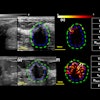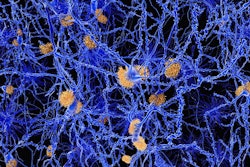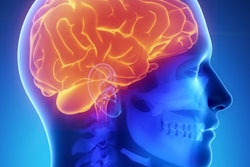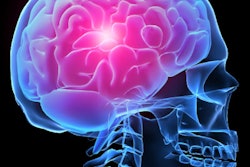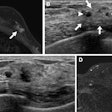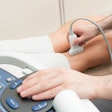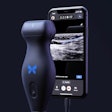
Ultrasound can help researchers identify a dementia risk factor among older adults that could be treated, therefore putting off the onset of the disease, according to a study published online October 16 in the Journal of Alzheimer's Disease.
A team led by Rachel Mackey, PhD, of the University of Pittsburgh found that the arterial stiffness of the heart can predict who will go on to develop dementia. And since arterial stiffness can be reduced with antihyperintensive medication, it could be possible to delay dementia's onset.
"As the large arteries get stiffer, their ability to cushion the pumping of blood from the heart is diminished, and that transmits increased pulsing force to the brain, which contributes to silent brain damage that increases dementia risk," Mackey noted in a statement released by the university.
The researchers used pulse wave velocity ultrasound to measure the heart's arterial stiffness in 356 adults without dementia when the study started in 1998. This ultrasound technique measures the speed of the blood pressure pulse as it travels through the arteries. Study participants also underwent MRI to identify any signs of brain disease.
Mackey and colleagues found that subjects with high pulse wave velocity readings were 60% more likely to develop dementia during the following 15 years compared with those with lower values.
"What's exciting to think about is that the strong association of arterial stiffness to dementia in old age suggests that even at age 70 or 80, we might still be able to delay or prevent the onset of dementia," Mackey stated.



